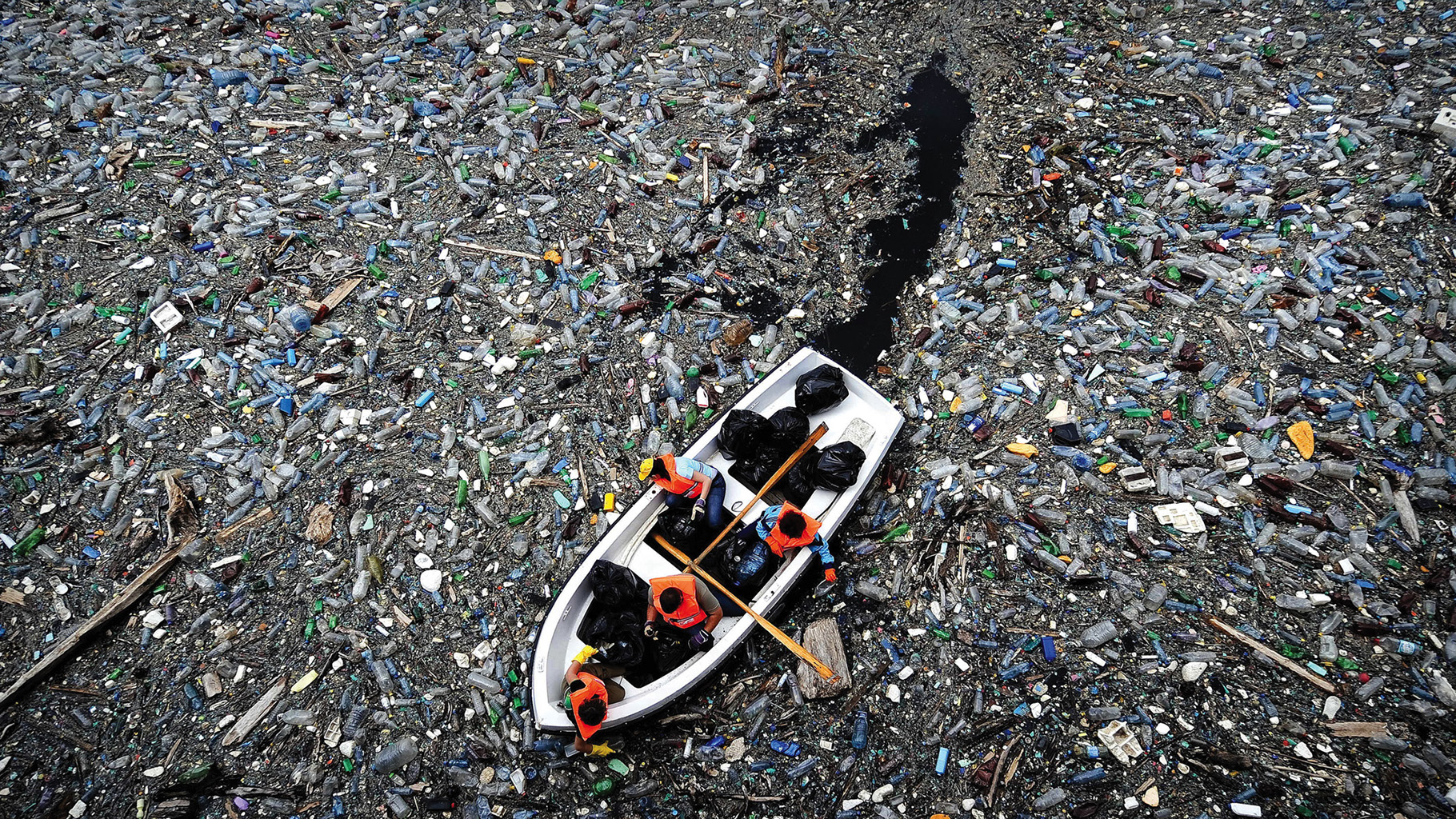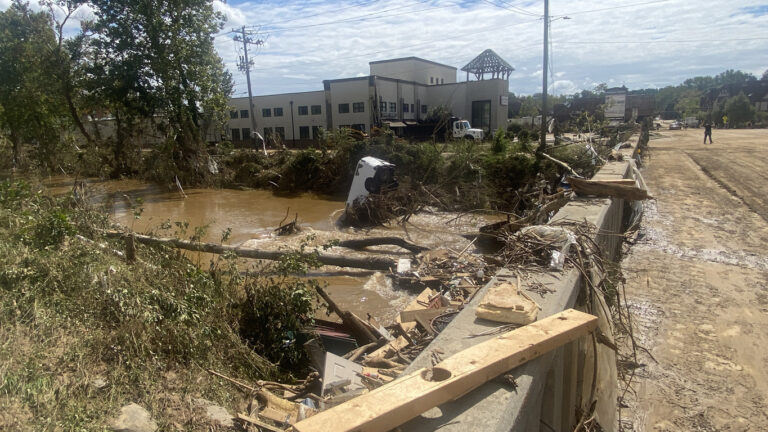Bottled Water, A New Public Health Crisis
Mike Colagrossi

As global consumption of bottled water continues to surge, it’s fueling serious health and environmental concerns. With an estimated 1 million bottles bought every minute, the demand shows no signs of slowing, warn health experts in a BMJ Global Health commentary.
- 2 billion people globally rely on bottled water due to unsafe drinking water, but for most, it’s just convenience.
- Marketing campaigns push bottled water as healthier than tap, but experts argue this claim is misleading.
This growing reliance on bottled water has been driven by marketing campaigns touting it as safer and healthier than tap water—claims researchers say are misleading.
In fact, up to two-thirds of bottled water in the U.S. is simply repackaged tap water, and recent studies have identified harmful contaminants, including cancer-causing chemicals, in certain regions.
Chemicals such as bisphenol A (BPA) and phthalates can leach from plastic bottles, especially when exposed to heat or sunlight. Contaminants like microplastics have been found in as much as 78% of bottled water samples, with potential links to health issues such as oxidative stress, immune system disruption, and elevated blood fat levels. BPA exposure has also been tied to longer-term risks like high blood pressure, cardiovascular disease, diabetes, and obesity.
Environmental Impact of Bottled Water
- Plastic bottles account for 12% of ocean pollution, and only 9% are recycled.
- Manufacturing these bottles contributes significantly to greenhouse gas emissions, with 17 to 35 liters of water used per bottle during production.
Despite efforts to curb bottled water use through public drinking water access and limiting single-use plastics, experts call for stronger government action and educational campaigns to reduce reliance on bottled water. They argue that a shift toward tap water is essential for both public health and environmental sustainability.



